Speakers Bureau
We connect wrongful conviction experts with schools, universities, companies, and organizations worldwide. Our incredible roster of speakers includes both staff experts and individuals who have firsthand experience with wrongful convictions.
Hear real stories, learn about systemic issues that lead to wrongful convictions, and amplify the innocence movement to help prevent future injustices.
Want to book a speaker? Please fill out our online form. We can’t wait to work together!
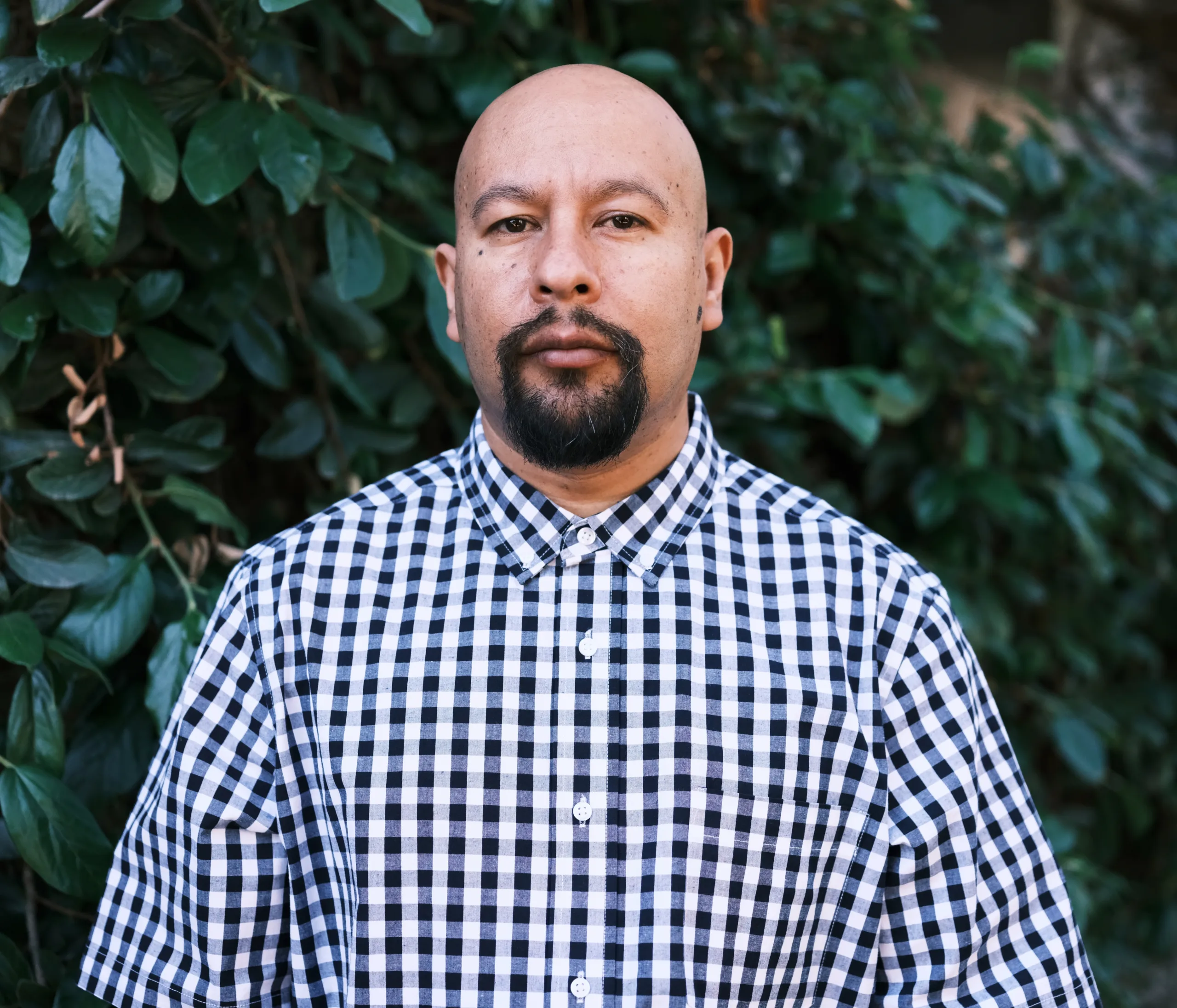
Featured Speaker
Angel Gonzalez
In 2015, Angel Gonzalez was exonerated after serving over 20 years in prison for a rape that he did not commit in Illinois. He is a member of the Innocence Project's Exoneree Advisory Council.
Angel Gonzalez

topics:
Coerced pleas, Eyewitness misidentification
state:
Illinois
Time Wrongfully Served:
20 years
My Story
On March 10, 2015, Angel Gonzalez was exonerated after serving over 20 years in prison for a rape that he did not commit.
In 1994, Mr. Gonzalez was misidentified as the attacker when police used a highly unreliable and suggestive identification procedure. After he was arrested, he was misled by police into signing a false confession. Despite having four alibi witnesses testify in his defense in court, Mr. Gonzalez was wrongly convicted of aggravated sexual assault and aggravated kidnapping and was sentenced to 40 years in prison.
Although Mr. Gonzalez maintained his innocence from the beginning, it wasn’t until 2013 that he was finally able to prove his innocence through DNA testing. Today, he is a member of the Innocence Project’s Exoneree Advisory Council.
More about this speaker
I like to share my story because I was in hell, and the Innocence Project saved me from that hell. Unfortunately, others still are going through that hell, and they need help — together, we can get them out of that nightmare.
“I like to share my story because I was in hell, and the Innocence Project saved me from that hell. Unfortunately, others still are going through that hell, and they need help — together, we can get them out of that nightmare.”
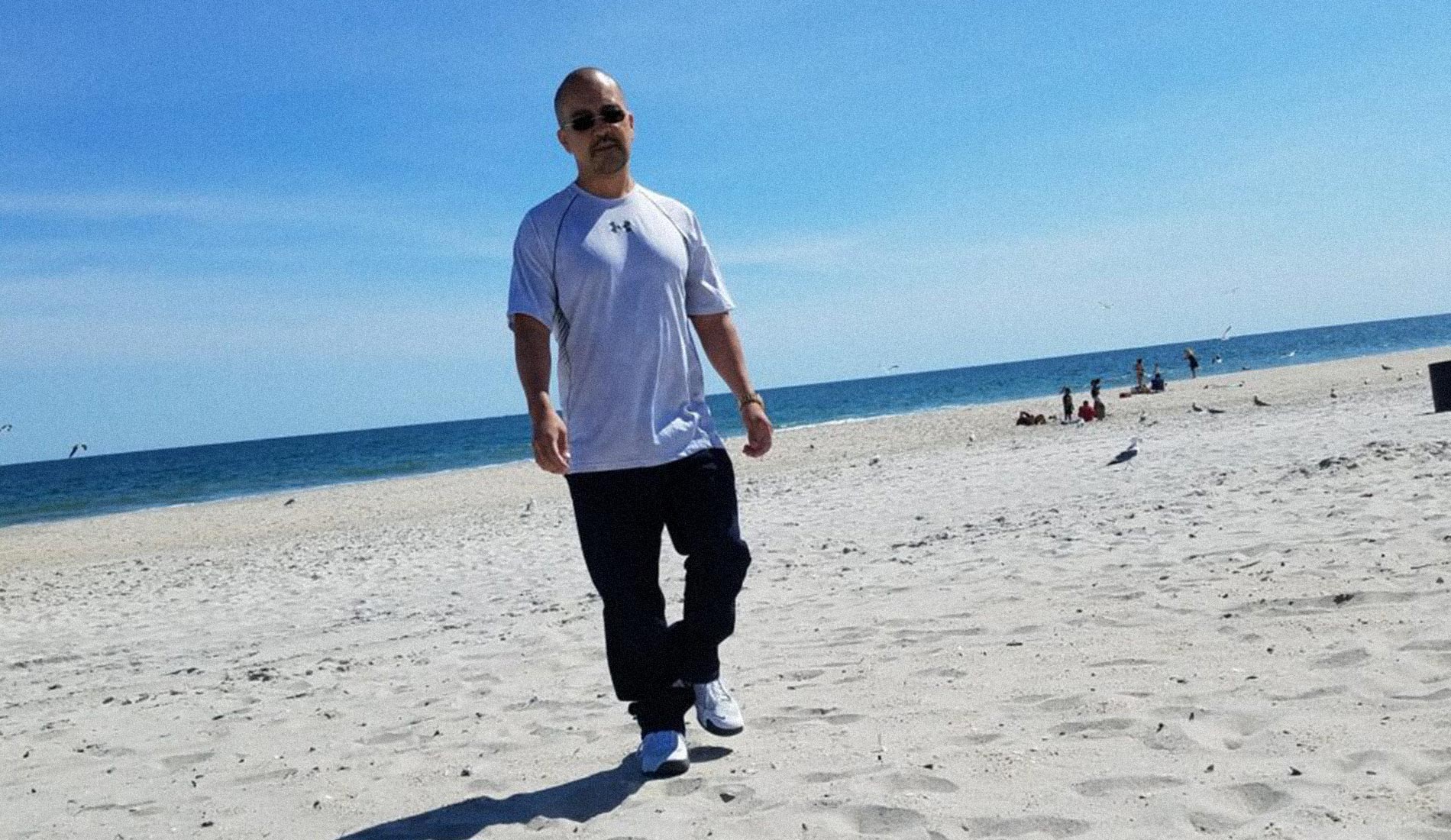
Featured Speaker
Carlos Sanchez
In 2017, Carlos Sanchez was released after spending nearly 25 years — more than half of his life — in prison for a murder he maintains he did not commit in New York.
Carlos Sanchez

topics:
Coerced pleas
state:
New York
Time Wrongfully Served:
25 years
In May 2017, Carlos Sanchez was released after spending nearly 25 years — more than half of his life — in prison for a murder he maintains he did not commit.
Mr. Sanchez was only 17, when, after an eight-hour interrogation by police without a lawyer or guardian present, he signed a confession taking responsibility for the 1992 murder of his girlfriend. The confession was the only evidence linking him to the crime, and it was obtained under conditions now known to be associated with false confessions. The statement was also at odds with physical evidence collected in the case.
In January 2017, Mr. Sanchez was granted parole. He is still fighting to prove his innocence.
More about this speaker
Unpacking our experiences through hardship and trauma is part of healing. I share my story out loud and in public in order to do this unpacking on a continuous basis. In doing so, I can also be an example to others not to fear doing such self-reflections.
“Unpacking our experiences through hardship and trauma is part of healing. I share my story out loud and in public in order to do this unpacking on a continuous basis. In doing so, I can also be an example to others not to fear doing such self-reflections.”
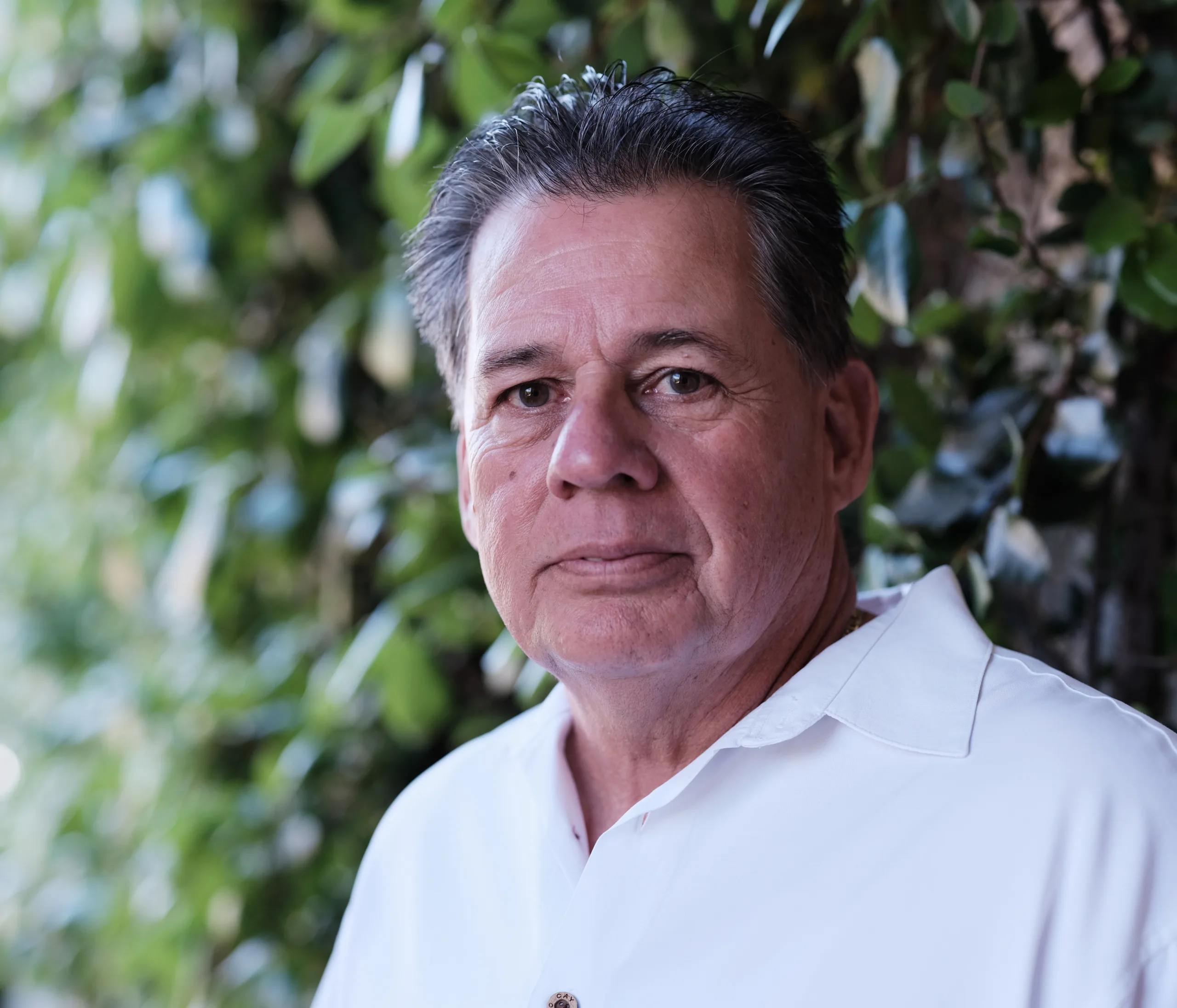
Featured Speaker
Eddie Lowery
In 2003, Eddie Lowery had his conviction vacated and his case dismissed after spending nine years in prison for a rape he did not commit in California.
Eddie Lowery

topics:
Coerced pleas, DNA
state:
California
Time Wrongfully Served:
9 years
On April 3, 2003, Eddie Lowery had his conviction vacated and his case dismissed after spending nine years in prison for a rape he did not commit.
In July 1981, a 74-year-old woman was attacked while sleeping in her home in Ogden, Kansas. Mr. Lowery was brought in for questioning and was interrogated all day without food so that police could procure a confession. Although he later recanted the statements, he was wrongly convicted in 1982 based on the confession and the misapplication of forensic science.
In 2002, Mr. Lowery was able to procure DNA testing on the biological evidence, and in September of that year, DNA test results confirmed his claim of innocence.
More about this speaker
After being wrongfully convicted. I feel it is my responsibility to inform the public about wrongful convictions. The injustice of wrongful convictions still surprises the public on how this could happen to an innocent person.
“After being wrongfully convicted. I feel it is my responsibility to inform the public about wrongful convictions. The injustice of wrongful convictions still surprises the public on how this could happen to an innocent person.”
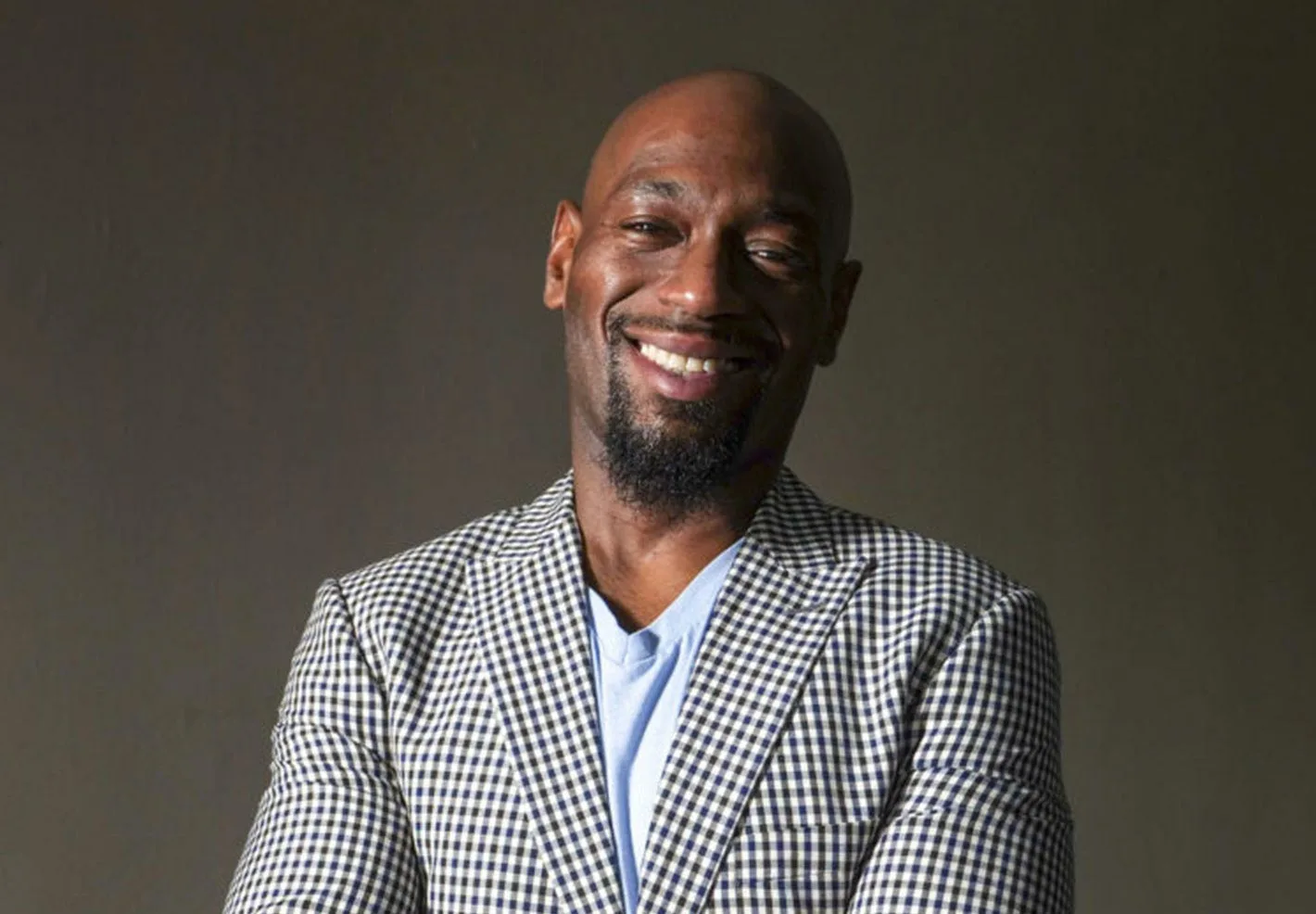
Featured Speaker
Huwe Burton
Huwe Burton was exonerated in 2019 of a murder he did not commit in New York.
Huwe Burton

topics:
Coerced pleas, Race
state:
North Carolina
Time Wrongfully Served:
19 years
On Jan. 24, 2019, Huwe Burton was exonerated after spending 19 years in prison for a murder he did not commit.
At 16 years old, Mr. Burton was convicted of the 1989 murder of his mother, who had been found stabbed to death in their New York City home. His conviction was largely based on a false confession that had been coerced by detectives.
A joint reinvestigation between the Innocence Project and the Bronx District Attorney’s Conviction Integrity Unit uncovered that detectives from New York’s 47th precinct had coerced Mr. Burton into falsely confessing. Furthermore, additional new evidence surfaced about an alternate person who committed the crime. Ultimately, Mr. Burton carried his wrongful conviction for nearly 28 years before he was exonerated.
More about this speaker
After being falsely arrested and convicted, I realized my strongest weapon is my voice. I would like to use it to enlighten, inspire, and ultimately change our fractured criminal justice system.
“After being falsely arrested and convicted, I realized my strongest weapon is my voice. I would like to use it to enlighten, inspire, and ultimately change our fractured criminal justice system.”
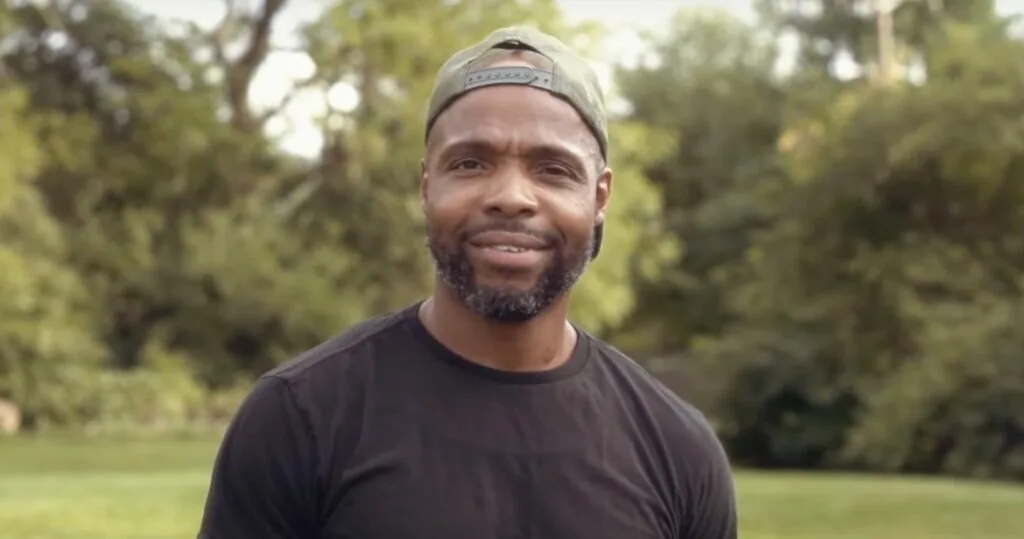
Featured Speaker
Termaine Hicks
Termaine Hicks was exonerated in 2020 of a rape he did not commit in Pennsylvania. He is a member of the Innocence Project's Exoneree Advisory Council.
Termaine Hicks

topics:
DNA, Eyewitness misidentification, False Confessions
state:
Pennsylvania
Time Wrongfully Served:
19 years
My Story
On Dec. 16, 2020, Termaine Hicks was freed from a Pennsylvania prison after his wrongful conviction for a 2001 rape was vacated.
In 2001, Mr. Hicks was walking home when he heard a woman screaming. He found her badly beaten and attempted to call 911 when the police arrived and mistook him for the attacker. Officers shot him three times in the back before they realized their mistake. They then conspired to cover it up and falsely testified that Mr. Hicks had lunged at them with a gun. Based on this testimony, Mr. Hicks was convicted in 2002 of rape, aggravated assault, possessing an instrument of crime, and terroristic threats.
In 2015, Mr. Hicks filed a petition for post-conviction DNA testing on the evidence. Separately, in 2018, his attorneys filed a petition for post-conviction relief, stating that pathology reports and other evidence revealed that he had been shot from behind three times. Two years later, the district attorney’s conviction integrity unit asked a court to vacate Mr. Hicks’ conviction.
Mr. Hicks, an aspiring playwright, is now a member of the Innocence Project’s Exoneree Advisory Council.
More about this speaker
After being falsely imprisoned, I want to share my story of how I maintained through it all, to inspire others to keep going and highlight the need for justice reform and the importance of donating funds, resources, and one's time.
“After being falsely imprisoned, I want to share my story of how I maintained through it all, to inspire others to keep going and highlight the need for justice reform and the importance of donating funds, resources, and one's time.”
Scenes From Our Speaking Engagements
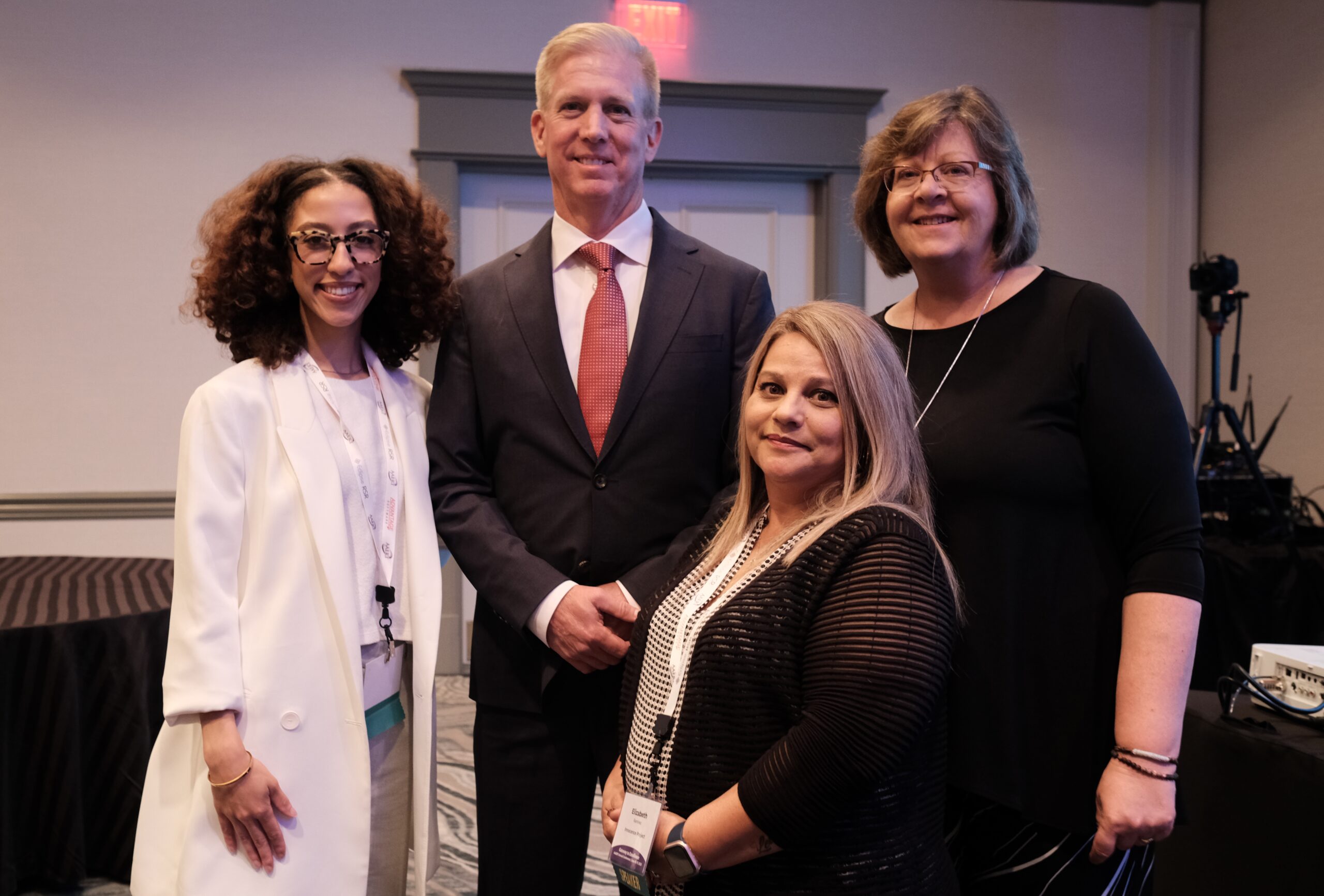
(Image: Kenny Karpov/Innocence Project)
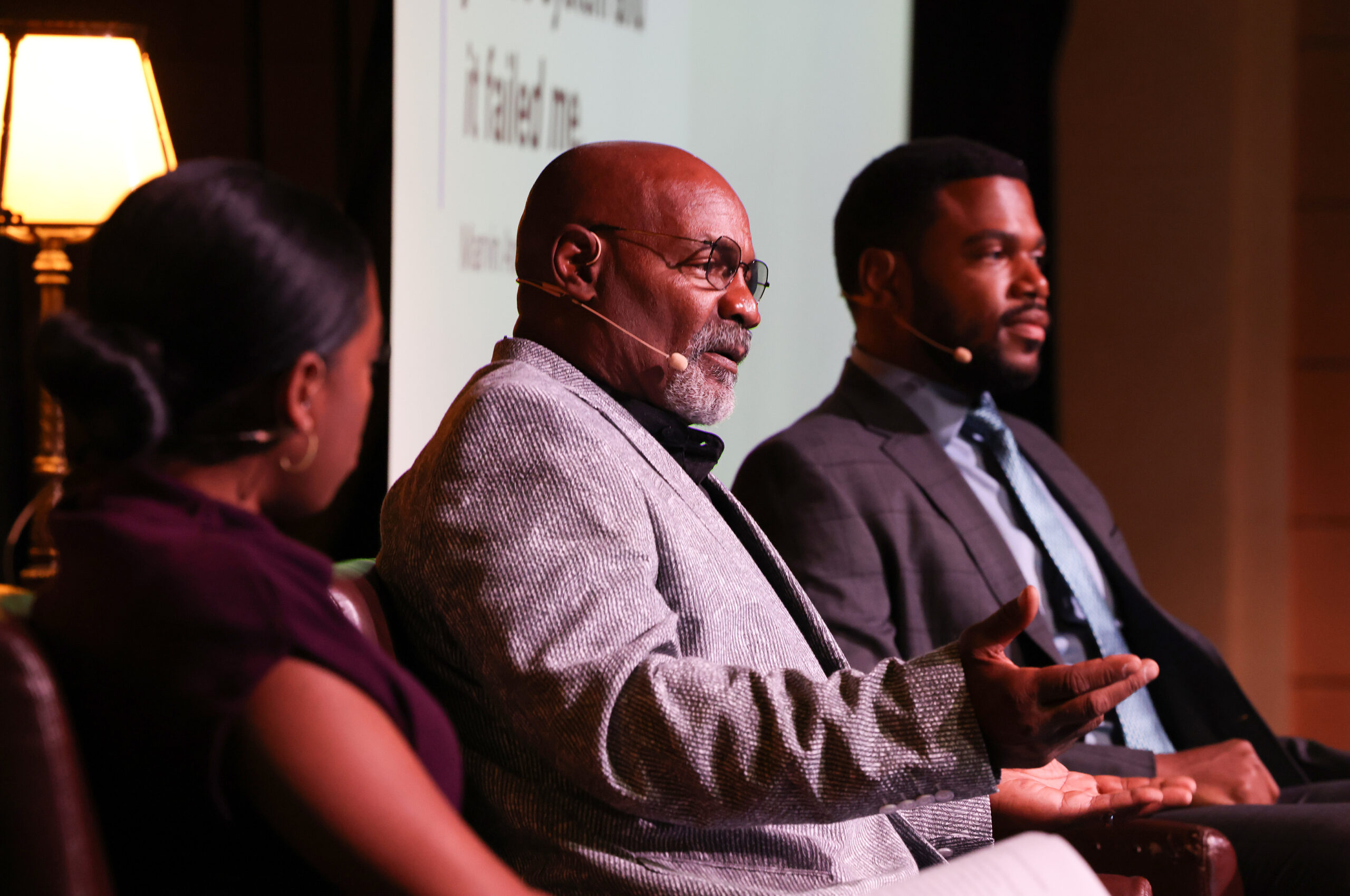
(Image: Courtesy of The Mob Museum)

(image: Courtesy of FileVine)
Angel Gonzalez

topics:
Coerced pleas, Eyewitness misidentification
state:
Illinois
Time Wrongfully Served:
20 years
Angel Gonzalez
My Story
On March 10, 2015, Angel Gonzalez was exonerated after serving over 20 years in prison for a rape that he did not commit.
In 1994, Mr. Gonzalez was misidentified as the attacker when police used a highly unreliable and suggestive identification procedure. After he was arrested, he was misled by police into signing a false confession. Despite having four alibi witnesses testify in his defense in court, Mr. Gonzalez was wrongly convicted of aggravated sexual assault and aggravated kidnapping and was sentenced to 40 years in prison.
Although Mr. Gonzalez maintained his innocence from the beginning, it wasn’t until 2013 that he was finally able to prove his innocence through DNA testing. Today, he is a member of the Innocence Project’s Exoneree Advisory Council.
More about this speaker
I like to share my story because I was in hell, and the Innocence Project saved me from that hell. Unfortunately, others still are going through that hell, and they need help — together, we can get them out of that nightmare.
“I like to share my story because I was in hell, and the Innocence Project saved me from that hell. Unfortunately, others still are going through that hell, and they need help — together, we can get them out of that nightmare.”
Carlos Sanchez

topics:
Coerced pleas
state:
New York
Time Wrongfully Served:
25 years
Carlos Sanchez
In May 2017, Carlos Sanchez was released after spending nearly 25 years — more than half of his life — in prison for a murder he maintains he did not commit.
Mr. Sanchez was only 17, when, after an eight-hour interrogation by police without a lawyer or guardian present, he signed a confession taking responsibility for the 1992 murder of his girlfriend. The confession was the only evidence linking him to the crime, and it was obtained under conditions now known to be associated with false confessions. The statement was also at odds with physical evidence collected in the case.
In January 2017, Mr. Sanchez was granted parole. He is still fighting to prove his innocence.
More about this speaker
Unpacking our experiences through hardship and trauma is part of healing. I share my story out loud and in public in order to do this unpacking on a continuous basis. In doing so, I can also be an example to others not to fear doing such self-reflections.
“Unpacking our experiences through hardship and trauma is part of healing. I share my story out loud and in public in order to do this unpacking on a continuous basis. In doing so, I can also be an example to others not to fear doing such self-reflections.”
Cornelius Dupree
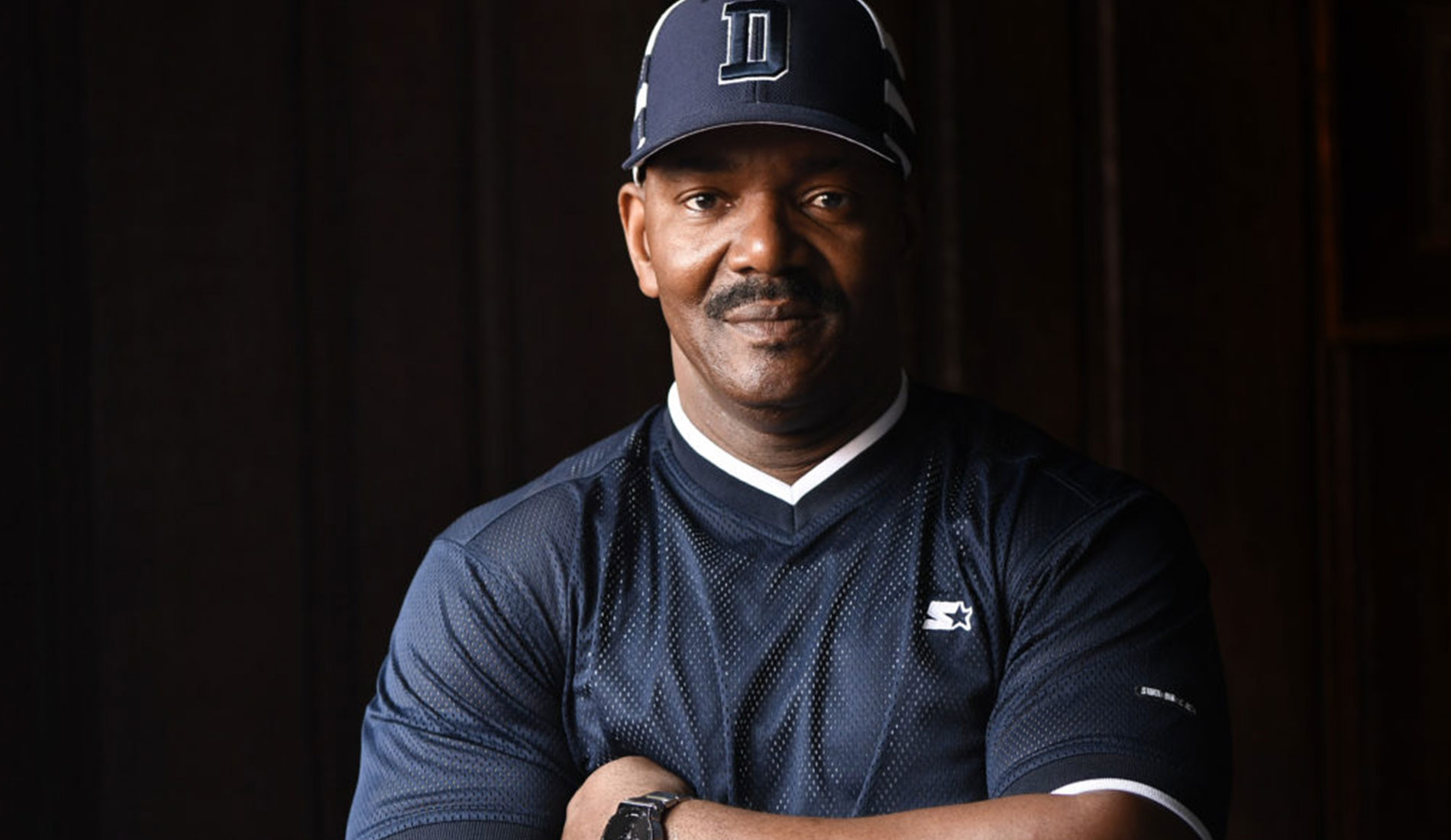
topics:
DNA, Eyewitness misidentification, Race
state:
Texas
Time Wrongfully Served:
31 years
Cornelius Dupree
On April 4, 2011, Cornelius Dupree was exonerated after spending more than 30 years in prison for a 1979 rape and robbery he didn’t commit.
One week after the attack, Mr. Dupree, alongside Anthony Massingill, was stopped by police who claimed both men fit the general description of two other Black men who were suspected in a separate sexual assault case. After their photos were submitted for an identification lineup, Mr. Dupree and Mr. Massingill were misidentified as the attackers in the rape and robbery case. They were convicted in 1980, and Mr. Dupree was subsequently sentenced to 75 years in prison.
In 2010, DNA testing conclusively excluded both men as possible sources of DNA found on the survivor. The district attorney’s office agreed that the DNA evidence established Mr. Dupree’s evidence, and he was granted habeas corpus relief by the Texas Court of Criminal Appeals.
More about this speaker
After spending 30 years in prison for a crime I did not commit, I will always advocate for those behind prison walls.
“After spending 30 years in prison for a crime I did not commit, I will always advocate for those behind prison walls.”
Eddie Lowery

topics:
Coerced pleas, DNA
state:
California
Time Wrongfully Served:
9 years
Eddie Lowery
On April 3, 2003, Eddie Lowery had his conviction vacated and his case dismissed after spending nine years in prison for a rape he did not commit.
In July 1981, a 74-year-old woman was attacked while sleeping in her home in Ogden, Kansas. Mr. Lowery was brought in for questioning and was interrogated all day without food so that police could procure a confession. Although he later recanted the statements, he was wrongly convicted in 1982 based on the confession and the misapplication of forensic science.
In 2002, Mr. Lowery was able to procure DNA testing on the biological evidence, and in September of that year, DNA test results confirmed his claim of innocence.
More about this speaker
After being wrongfully convicted. I feel it is my responsibility to inform the public about wrongful convictions. The injustice of wrongful convictions still surprises the public on how this could happen to an innocent person.
“After being wrongfully convicted. I feel it is my responsibility to inform the public about wrongful convictions. The injustice of wrongful convictions still surprises the public on how this could happen to an innocent person.”
Fernando Bermudez

topics:
Eyewitness misidentification, Official misconduct, Race
state:
North Carolina
Time Wrongfully Served:
18 years
Fernando Bermudez
In 2009, Fernando Bermudez had his conviction overturned after spending 18 years in prison for a murder he did not commit.
In 1991, Mr. Bermudez became a suspect in the murder of a teenager outside of a nightclub in New York City after an eyewitness picked him out in a police photo lineup. Despite four alibi witnesses and no physical or forensic evidence linking him to the crime, he was convicted of second-degree murder and sentenced to 23 years to life in prison. The following year, all witnesses recanted their testimony.
It was not until 2009 that a judge overturned Mr. Bermudez’s conviction on “actual innocence” grounds based on police and prosecutorial misconduct. Now a passionate advocate for criminal legal reform, Mr. Bermudez shares his experience and inspiring words with audiences around the world. He is also working on a book about his ordeal.
More about this speaker
I share my 18-year survival story not only to prevent what happened to me from happening to others but also to inspire audiences to leave better after my talks.
“I share my 18-year survival story not only to prevent what happened to me from happening to others but also to inspire audiences to leave better after my talks.”
Huwe Burton

topics:
Coerced pleas, Race
state:
North Carolina
Time Wrongfully Served:
19 years
Huwe Burton
On Jan. 24, 2019, Huwe Burton was exonerated after spending 19 years in prison for a murder he did not commit.
At 16 years old, Mr. Burton was convicted of the 1989 murder of his mother, who had been found stabbed to death in their New York City home. His conviction was largely based on a false confession that had been coerced by detectives.
A joint reinvestigation between the Innocence Project and the Bronx District Attorney’s Conviction Integrity Unit uncovered that detectives from New York’s 47th precinct had coerced Mr. Burton into falsely confessing. Furthermore, additional new evidence surfaced about an alternate person who committed the crime. Ultimately, Mr. Burton carried his wrongful conviction for nearly 28 years before he was exonerated.
More about this speaker
After being falsely arrested and convicted, I realized my strongest weapon is my voice. I would like to use it to enlighten, inspire, and ultimately change our fractured criminal justice system.
“After being falsely arrested and convicted, I realized my strongest weapon is my voice. I would like to use it to enlighten, inspire, and ultimately change our fractured criminal justice system.”
Jerry Miller
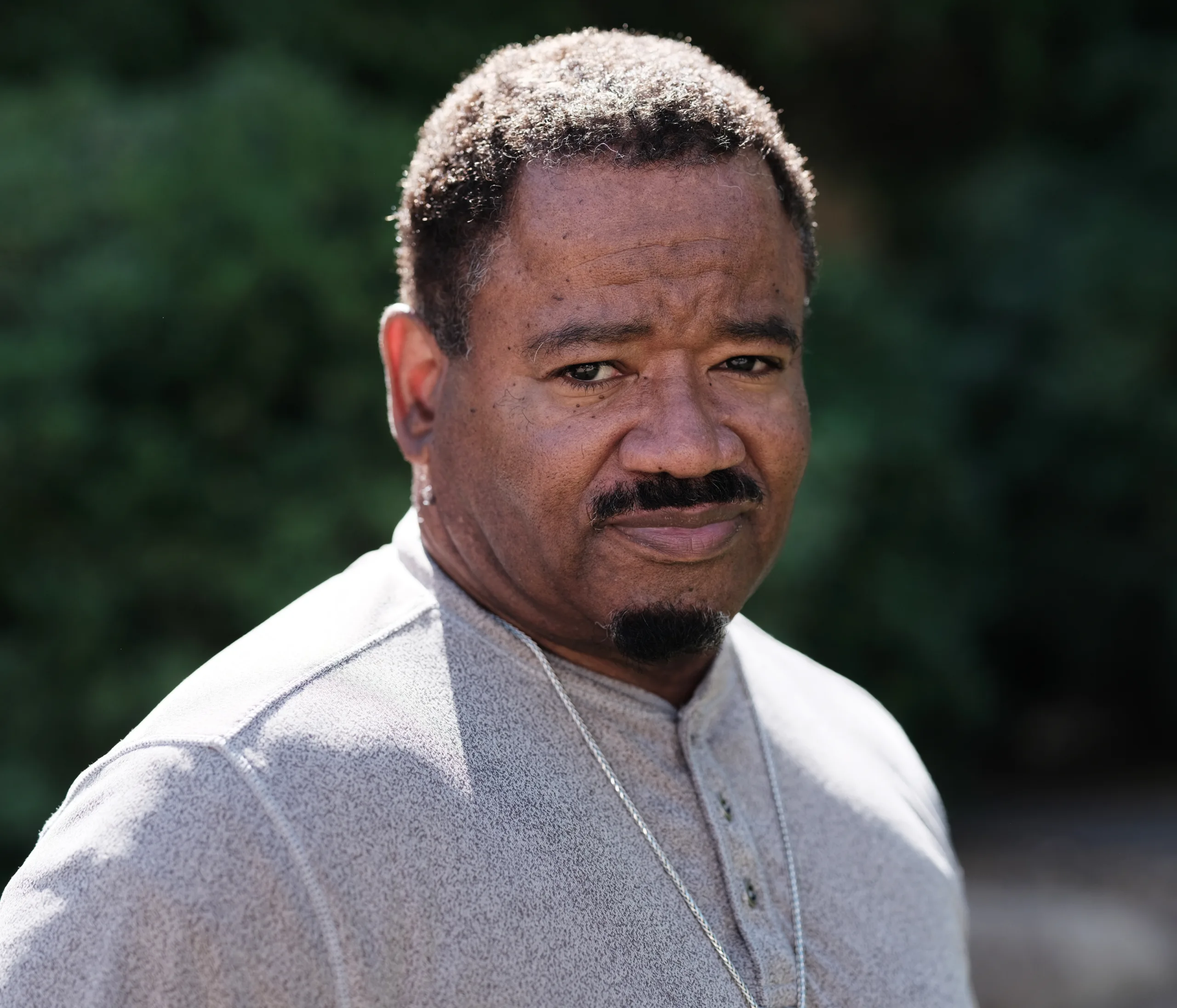
topics:
DNA
state:
Virginia
Time Wrongfully Served:
25 years
Jerry Miller
On April 23, 2007, Jerry Miller was exonerated after spending more than 24 years wrongly incarcerated for a rape that he did not commit in Illinois. He was wrongly convicted in 1982 of a rape he did not commit in Chicago largely based on eyewitness misidentification. In 2005, the Innocence Project took on Mr. Miller’s case and conducted DNA testing, which implicated another man in the case.
Mr. Miller is the 200th person in the U.S. exonerated through DNA evidence.
More about this speaker
The opportunity to speak of all the things that a person who becomes free, exonerated, beginning a new life is cathartic [especially when it comes to] setting the story straight after hearing for decades lies told about you. All eyes are on you. Armed with the truth, the real story is crushing the lies where they stand. This journey I've taken with the Innocence Project has been the engine that has propelled me to find my expression and to be more of a free man than in the beginning.
“The opportunity to speak of all the things that a person who becomes free, exonerated, beginning a new life is cathartic [especially when it comes to] setting the story straight after hearing for decades lies told about you. All eyes are on you. Armed with the truth, the real story is crushing the lies where they stand. This journey I've taken with the Innocence Project has been the engine that has propelled me to find my expression and to be more of a free man than in the beginning. ”
Johnny Hincapie
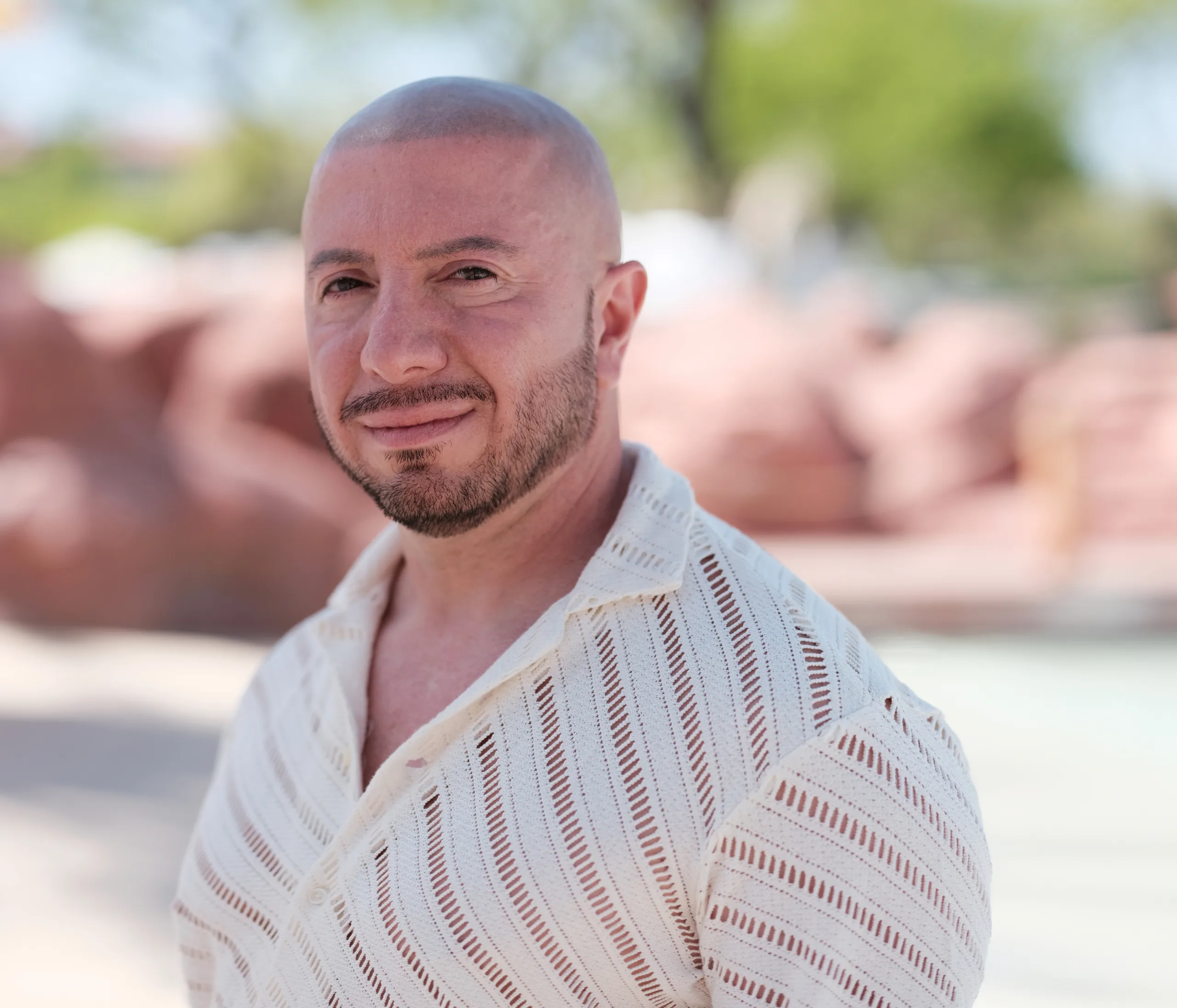
topics:
Coerced pleas
state:
Florida
Time Wrongfully Served:
25 years
Johnny Hincapie
On Jan. 24 2017, Johnny Hincapie was exonerated in New York after spending 25 years in prison for a murder he didn’t commit.
Mr. Hincapie was wrongly convicted in 1991 largely based on a coerced confession, police misconduct, and inadequate defense. In 2013, Mr. Hincapie’s attorneys filed a post-conviction petition for a new trial, presenting new witness testimony confirming he was not involved in the murder. In 2015, a New York judge conducted a series of evidentiary hearings on the petition and later overturned Mr. Hincapie’s conviction. Two years later, prosecutors dismissed the charges.
Today, Mr. Hincapie, a gifted speaker, shares his powerful story and educates audiences across the United States on coerced confessions and criminal justice reform.
More about this speaker
Being part of the Speakers Bureau allows everyone in the U.S. and around the world to hear my story as an exoneree and understand the impact it has on inspiring students, attorneys, judges, and politicians to engage in this historical movement of turning injustices into justice by exonerating the wrongfully convicted.
“Being part of the Speakers Bureau allows everyone in the U.S. and around the world to hear my story as an exoneree and understand the impact it has on inspiring students, attorneys, judges, and politicians to engage in this historical movement of turning injustices into justice by exonerating the wrongfully convicted.”
Keith Harward
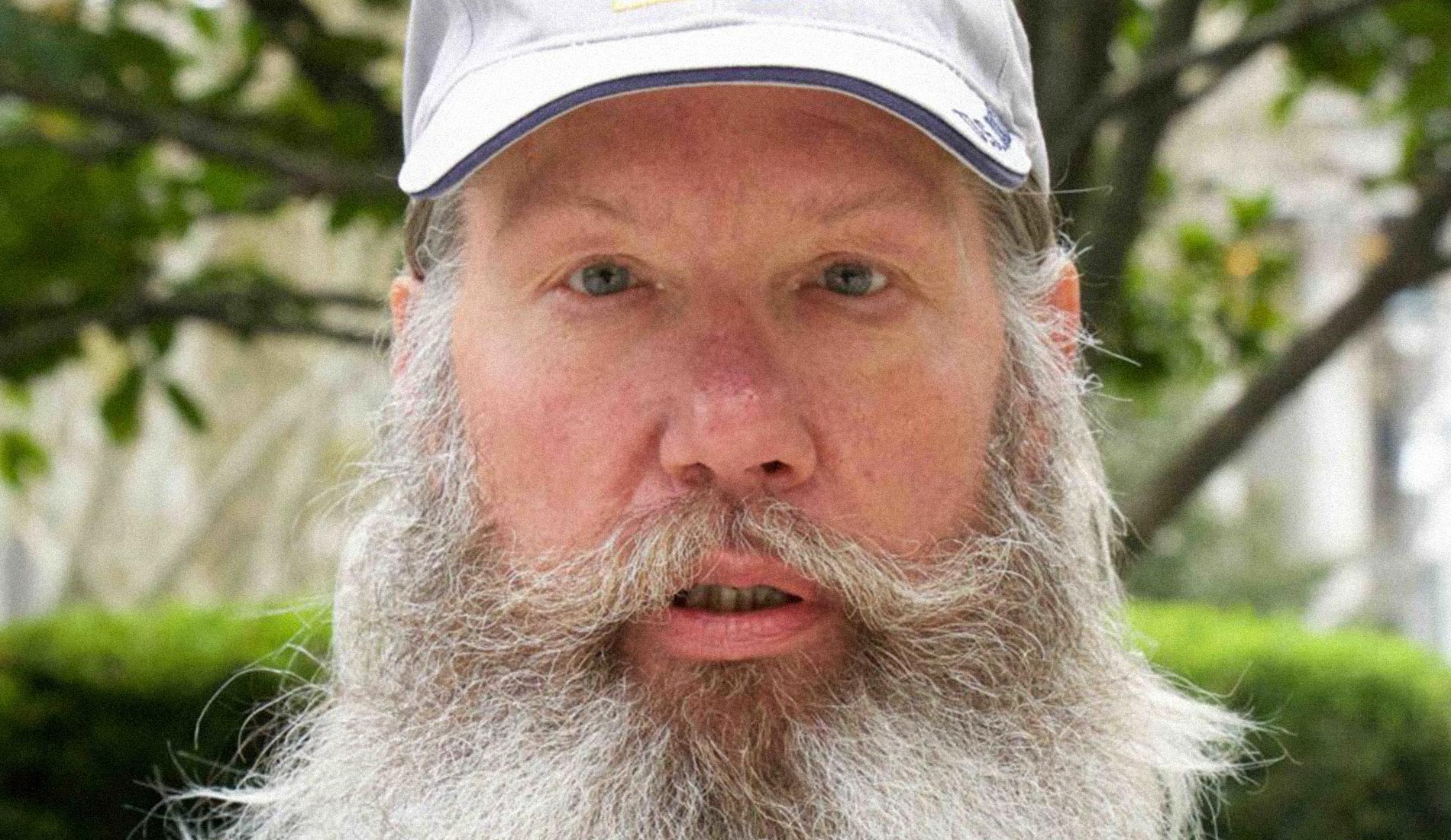
topics:
DNA
state:
North Carolina
Time Wrongfully Served:
33 years
Keith Harward
On April 8, 2016, Keith Allen Harward was granted a writ of actual innocence by the Virginia Supreme Court after wrongly spending more than 33 years of a life sentence for a rape and murder he did not commit.
Despite testifying and presenting evidence that he didn’t match the rape survivor’s description, Mr. Harward was wrongly convicted of capital murder in 1982 based on forensic dentists’ testimony that his teeth matched the bite marks on the survivor.
In 2015, the Innocence Project obtained a court order for DNA testing of physical evidence in Mr. Harward’s case, which definitively proved his innocence and pointed to another man as the actual attacker. He is one of eight people whose story is in the Innocence Project-inspired Netflix docuseries The Innocence Files.
More about this speaker
The more different ways wrongful conviction can have light shine upon them, the truth can be revealed. The Speakers Bureau is a great way to reveal the truth of wrongful convictions.
“The more different ways wrongful conviction can have light shine upon them, the truth can be revealed. The Speakers Bureau is a great way to reveal the truth of wrongful convictions.”
Korey Wise
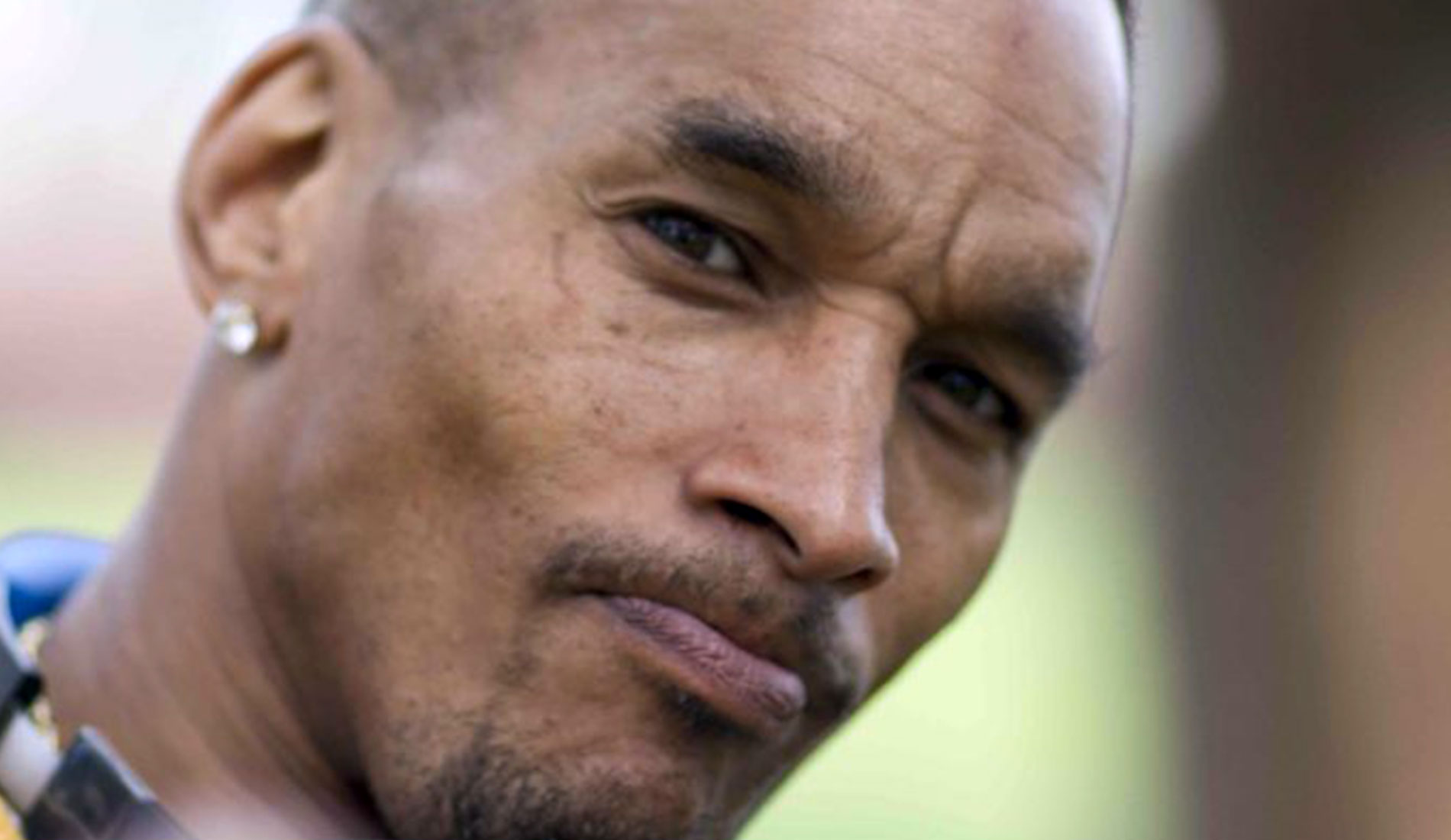
topics:
Coerced pleas, Race
state:
New York
Time Wrongfully Served:
12 years
Korey Wise
On Dec. 19, 2002, Korey Wise — a member of the Exonerated Five — had his conviction overturned in New York after wrongly serving 11.5 years for a rape he did not commit in Central Park in 1989.
Mr. Wise, along with Yusef Salaam, Kevin Richardson, Antron McCray, and Raymond Santana, was wrongly convicted in 1990 based on false confessions and the misapplication of forensic science. At the time of their arrest, they were between 14 and 16 years old. In 2002, the actual attacker, who had already been serving a sentence for a series of rapes, murder, and robbery, confessed that he alone had committed the 1989 rape. DNA testing was then conducted on the crime scene evidence and corroborated the attacker’s confession.
Twenty years after Mr. Wise’s exoneration, the entrance to Central Park where he and the other members of the Exonerated Five had entered on the night of the attack was renamed the Gate of the Exonerated in their honor.
Kristine Bunch
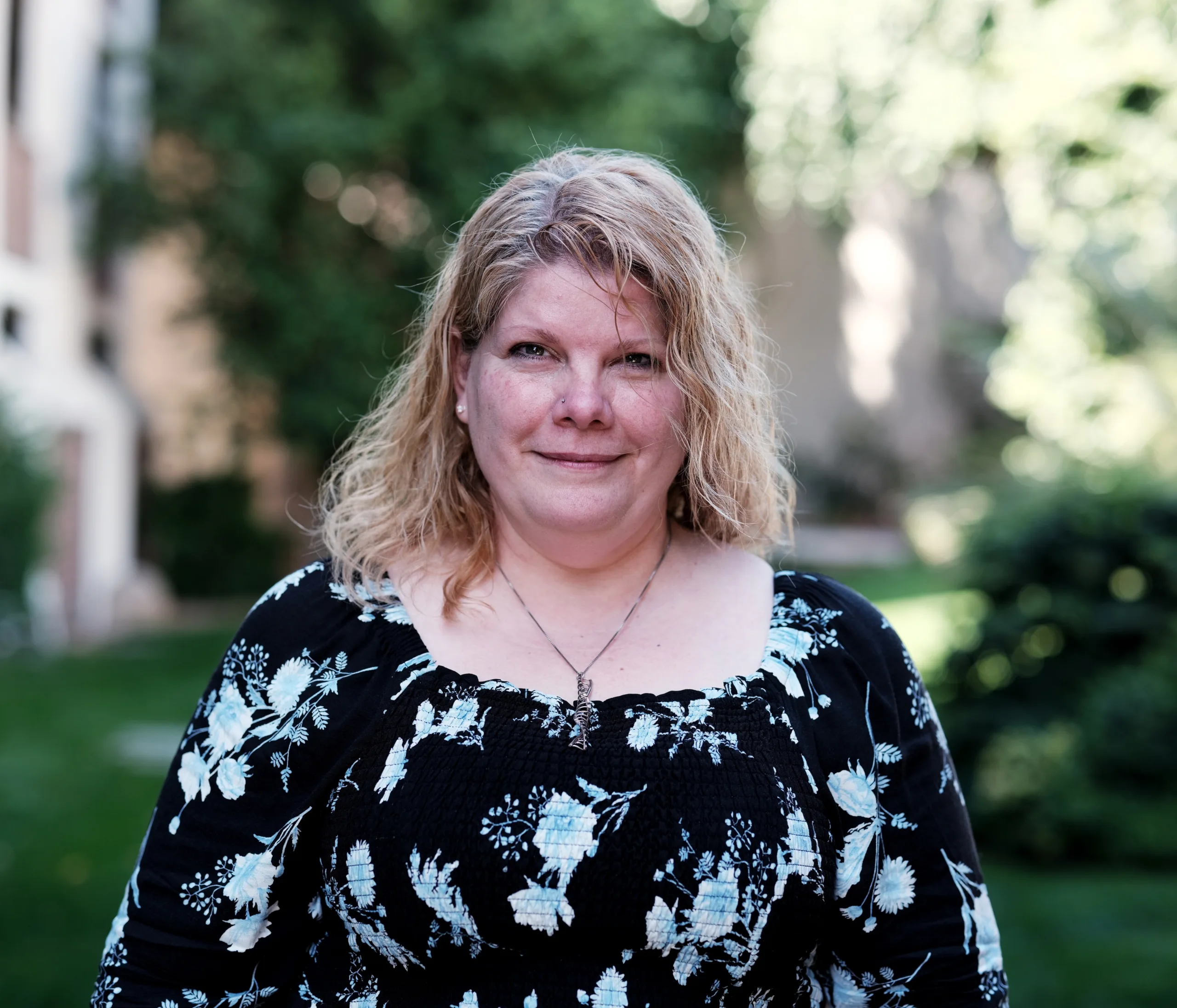
topics:
Undisclosed Evidence
state:
Indiana
Time Wrongfully Served:
17 years
Kristine Bunch
On March 21, 2012, Kristine Bunch had her conviction reversed in Indiana after wrongly serving more than 17 years for a 1995 fire that claimed her three-year-old son’s life.
Ms. Bunch was convicted in 1996 largely based on unreliable arson evidence. During her time in prison, she earned her undergraduate degrees in English and anthropology from Ball State University. In 2012, the Court of Appeals of Indiana reversed her conviction, ruling that she was entitled to a new trial due to evolving fire science and previously undisclosed evidence that contradicted a forensic analyst’s testimony at her trial.
Today, Ms. Bunch advocates for exonerees and co-runs a nonprofit organization called Justice4JustUs, which connects exonerated individuals to social and medical services to help them rebuild their lives.
More about this speaker
Being on the Speaker's Bureau has allowed me to meet a wide variety of people and realize that our stories have the ability to inspire people in unique ways.
“Being on the Speaker's Bureau has allowed me to meet a wide variety of people and realize that our stories have the ability to inspire people in unique ways.”
Malcolm Alexander
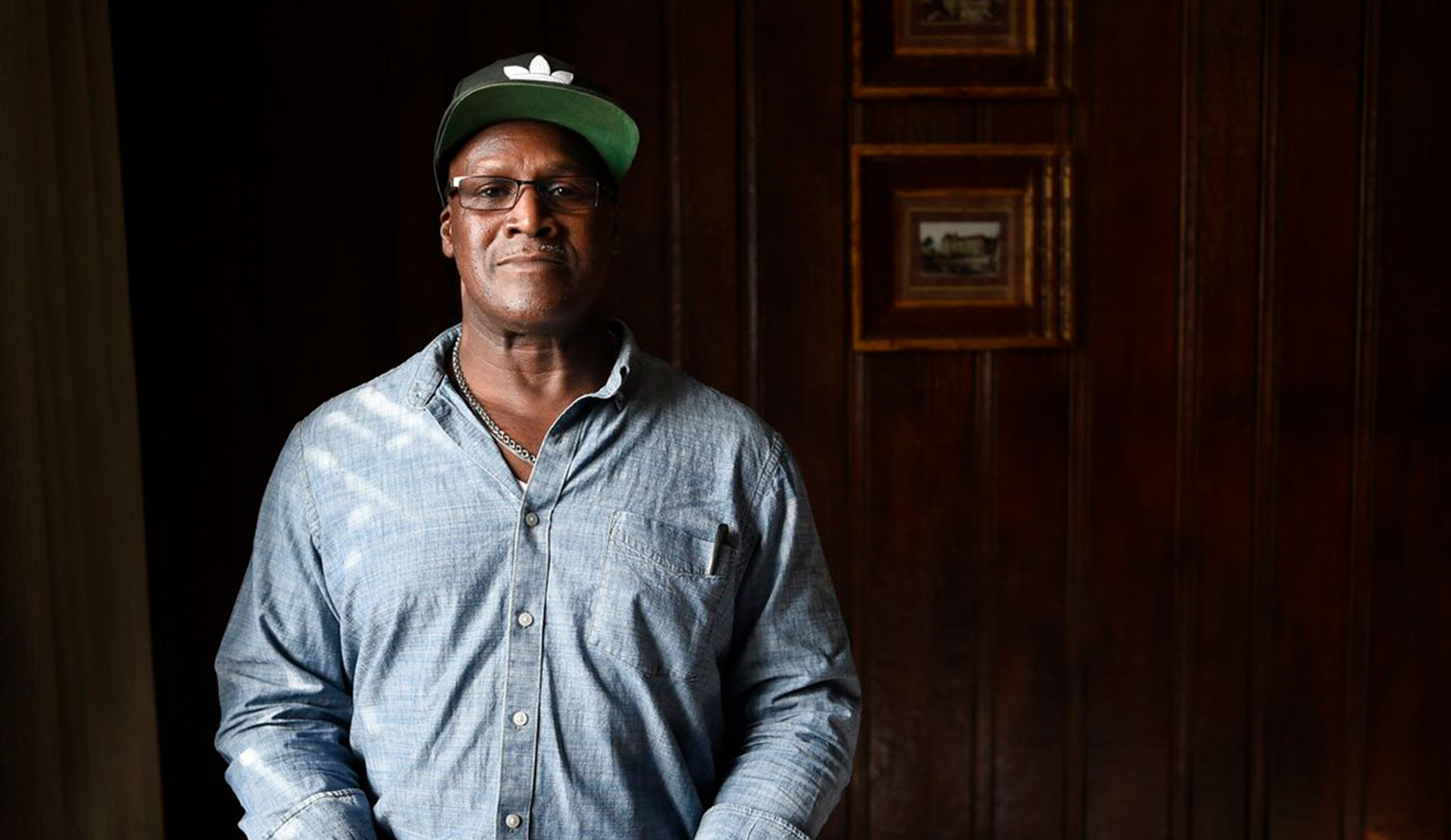
topics:
Eyewitness misidentification, Inadequate defense
state:
Louisiana
Time Wrongfully Served:
18 years
Malcolm Alexander
On January 30, 2018, Malcolm Alexander was exonerated in Louisiana of a 1979 rape he did not commit. A reinvestigation by the Jefferson Parish District Attorney’s Office, the Innocence Project, and the Innocence Project New Orleans led to DNA testing of hair evidence that proved his innocence.
Mr. Alexander was wrongly convicted in 1980 and sentenced to life without parole largely based on eyewitness misidentification and an inadequate defense. He subsequently served 38 years in prison before he was released.
More about this speaker
I support the IP because of their big hearts — they believe there are innocent people incarcerated, and they believe in me. That is why I will take every opportunity I get to educate those unfamiliar with the IP.
“I support the IP because of their big hearts — they believe there are innocent people incarcerated, and they believe in me. That is why I will take every opportunity I get to educate those unfamiliar with the IP.”
Marvin Anderson
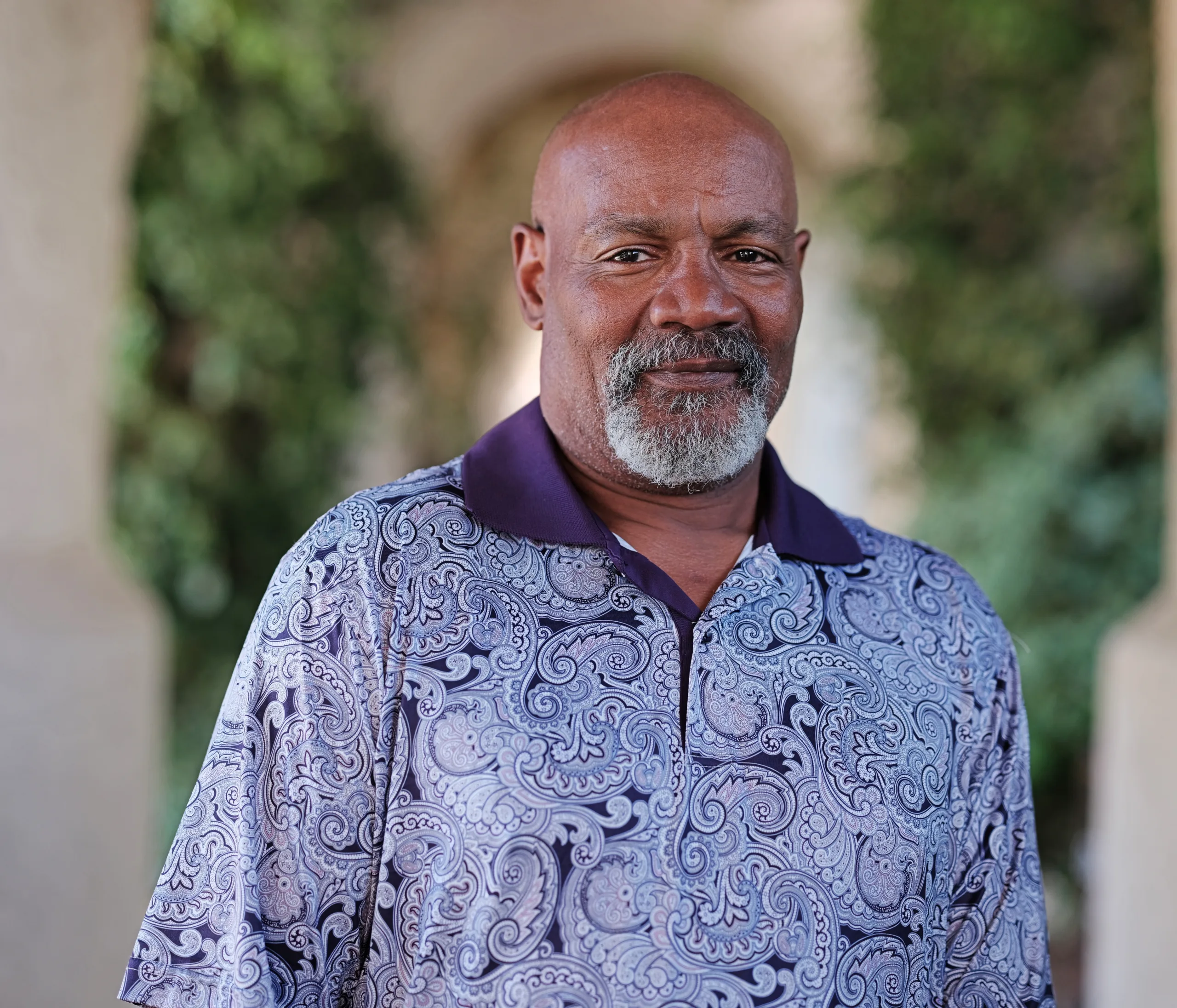
topics:
DNA, Eyewitness misidentification, Race
state:
Virginia
Time Wrongfully Served:
20 years
Marvin Anderson
On Aug. 21, 2002, Marvin Lamont Anderson became the 99th person in the U.S. to be exonerated as a result of post-conviction DNA testing. Mr. Anderson was only 18 years old when he was convicted in 1982 of robbery, sodomy, abduction, and rape in Virginia. His conviction largely rested on eyewitness misidentification, and he was sentenced to 210 years in prison.
In 2001, the Innocence Project, in partnership with the Mid-Atlantic Innocence Project, won access to DNA testing, the results of which excluded Mr. Anderson as the attacker and instead matched two other individuals. In 2002, Virginia Gov. Mark Warner granted Mr. Anderson, who had spent 20 years in prison, a full pardon.
Following his exoneration, Mr. Anderson served as chief of the Hanover, Virginia Fire Department, where he oversaw a team of 30 people. He is currently on the Innocence Project’s board of directors.
More about this speaker
I am Marvin L. Anderson. I am the 99th person to be exonerated post-conviction through DNA testing and the first in Virginia. I am part of the Speakers Bureau because it allows me to tell my story about my life and the case when I was not able to tell my story during my trial in 1982. I show others what happens to me can happen to anyone on any given day. It allows me to tell my story and how our justice system is broken.
“I am Marvin L. Anderson. I am the 99th person to be exonerated post-conviction through DNA testing and the first in Virginia. I am part of the Speakers Bureau because it allows me to tell my story about my life and the case when I was not able to tell my story during my trial in 1982. I show others what happens to me can happen to anyone on any given day. It allows me to tell my story and how our justice system is broken.”
Michelle Murphy
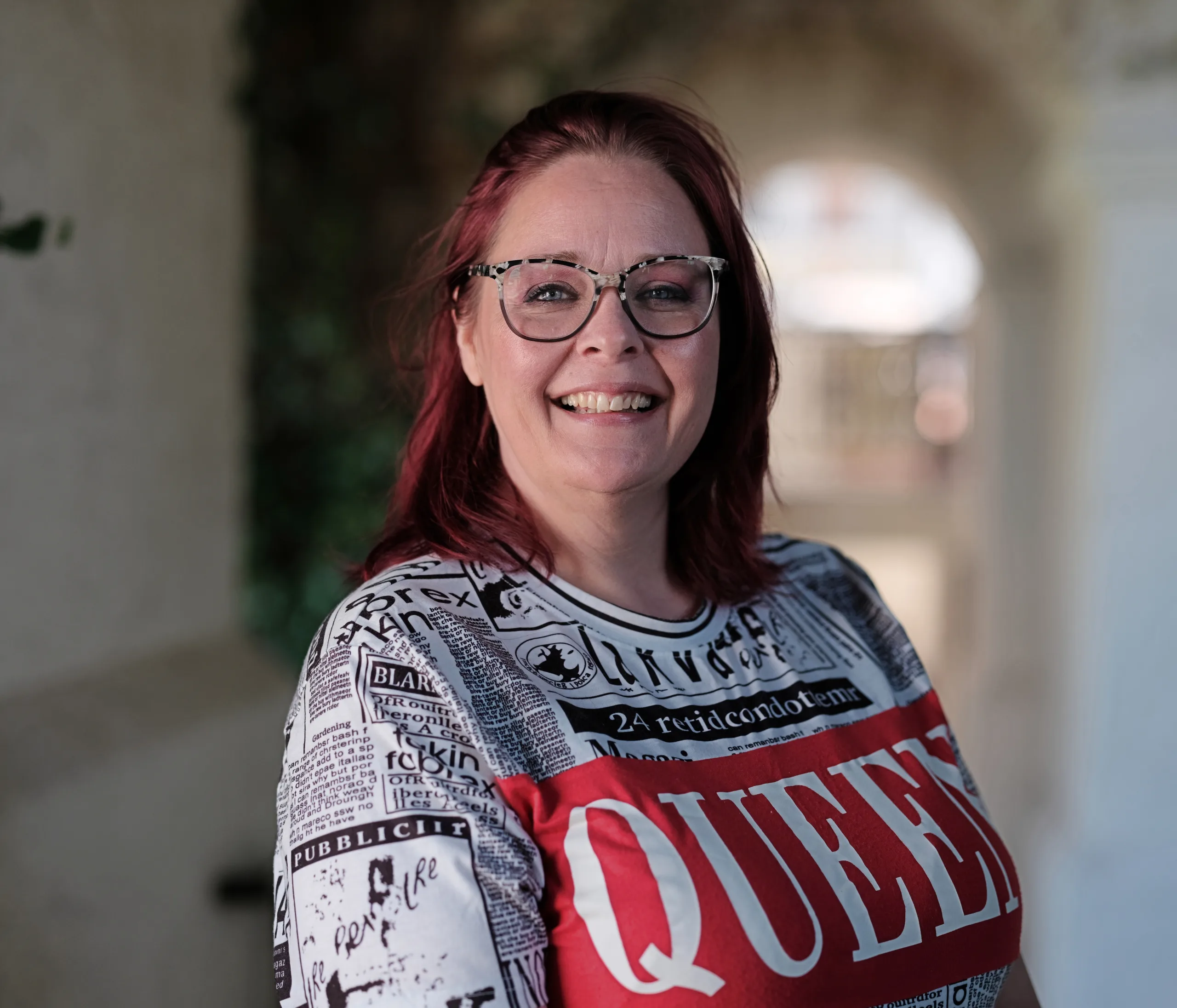
topics:
Coerced pleas, DNA, Undisclosed Evidence
state:
Oklahoma
Time Wrongfully Served:
20 years
Michelle Murphy
On Sept. 12, 2014, Michelle Murphy was exonerated of the murder of her son after wrongly serving 20 years in prison.
Ms. Murphy was wrongly convicted in 1995 based on a coerced confession and misleading forensic evidence. In 2014, the Innocence Project joined her defense team and requested DNA testing, which revealed the DNA profile of an unknown male. Following that testing, the prosecution agreed to vacate her conviction and dismiss the charges.
Ms. Murphy is one of 15 women exonerated in the United States with the help of post-conviction DNA testing — and the first and only woman in Oklahoma to be exonerated by DNA testing.
More about this speaker
I love being part of the Speakers Bureau program to shed light on a grave injustice: the disproportionate impact of wrongful convictions on women. Decades stolen, lives shattered, and upon exoneration, the long, arduous road to rebuilding. We need to amplify the voices of these women to break the silence surrounding wrongful convictions. Their stories are a stark reminder of the justice system's fallibility and the urgent need for change. Let us stand together, demand accountability, and fight to ensure that every woman receives a fair trial and that the path to healing is open to all.
“I love being part of the Speakers Bureau program to shed light on a grave injustice: the disproportionate impact of wrongful convictions on women. Decades stolen, lives shattered, and upon exoneration, the long, arduous road to rebuilding. We need to amplify the voices of these women to break the silence surrounding wrongful convictions. Their stories are a stark reminder of the justice system's fallibility and the urgent need for change. Let us stand together, demand accountability, and fight to ensure that every woman receives a fair trial and that the path to healing is open to all.”
Termaine Hicks

topics:
DNA, Eyewitness misidentification, False Confessions
state:
Pennsylvania
Time Wrongfully Served:
19 years
Termaine Hicks
My Story
On Dec. 16, 2020, Termaine Hicks was freed from a Pennsylvania prison after his wrongful conviction for a 2001 rape was vacated.
In 2001, Mr. Hicks was walking home when he heard a woman screaming. He found her badly beaten and attempted to call 911 when the police arrived and mistook him for the attacker. Officers shot him three times in the back before they realized their mistake. They then conspired to cover it up and falsely testified that Mr. Hicks had lunged at them with a gun. Based on this testimony, Mr. Hicks was convicted in 2002 of rape, aggravated assault, possessing an instrument of crime, and terroristic threats.
In 2015, Mr. Hicks filed a petition for post-conviction DNA testing on the evidence. Separately, in 2018, his attorneys filed a petition for post-conviction relief, stating that pathology reports and other evidence revealed that he had been shot from behind three times. Two years later, the district attorney’s conviction integrity unit asked a court to vacate Mr. Hicks’ conviction.
Mr. Hicks, an aspiring playwright, is now a member of the Innocence Project’s Exoneree Advisory Council.
More about this speaker
After being falsely imprisoned, I want to share my story of how I maintained through it all, to inspire others to keep going and highlight the need for justice reform and the importance of donating funds, resources, and one's time.
“After being falsely imprisoned, I want to share my story of how I maintained through it all, to inspire others to keep going and highlight the need for justice reform and the importance of donating funds, resources, and one's time.”
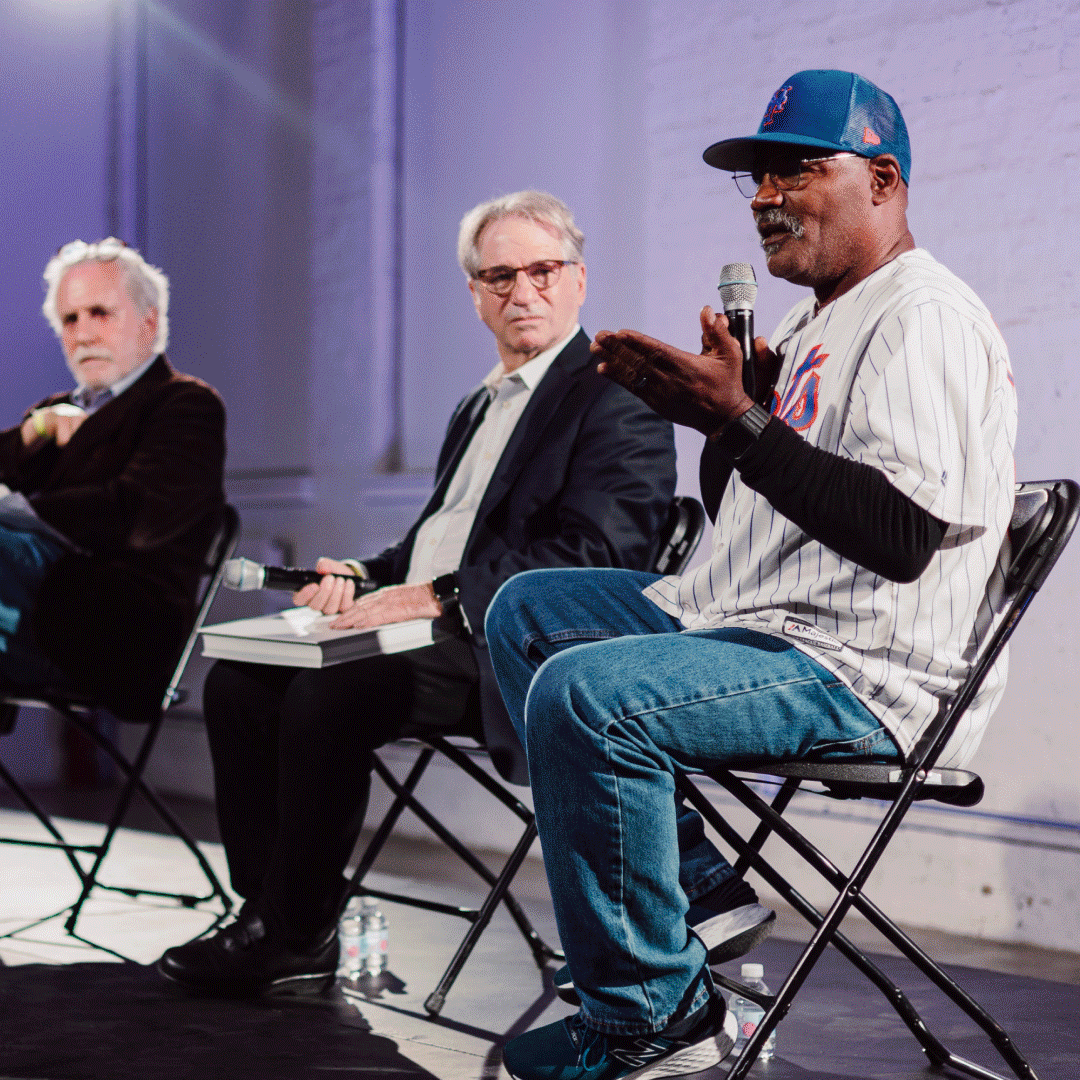
Interested in booking a speaker?
Book a speaker online, or call 212.364.5384 for more information.
